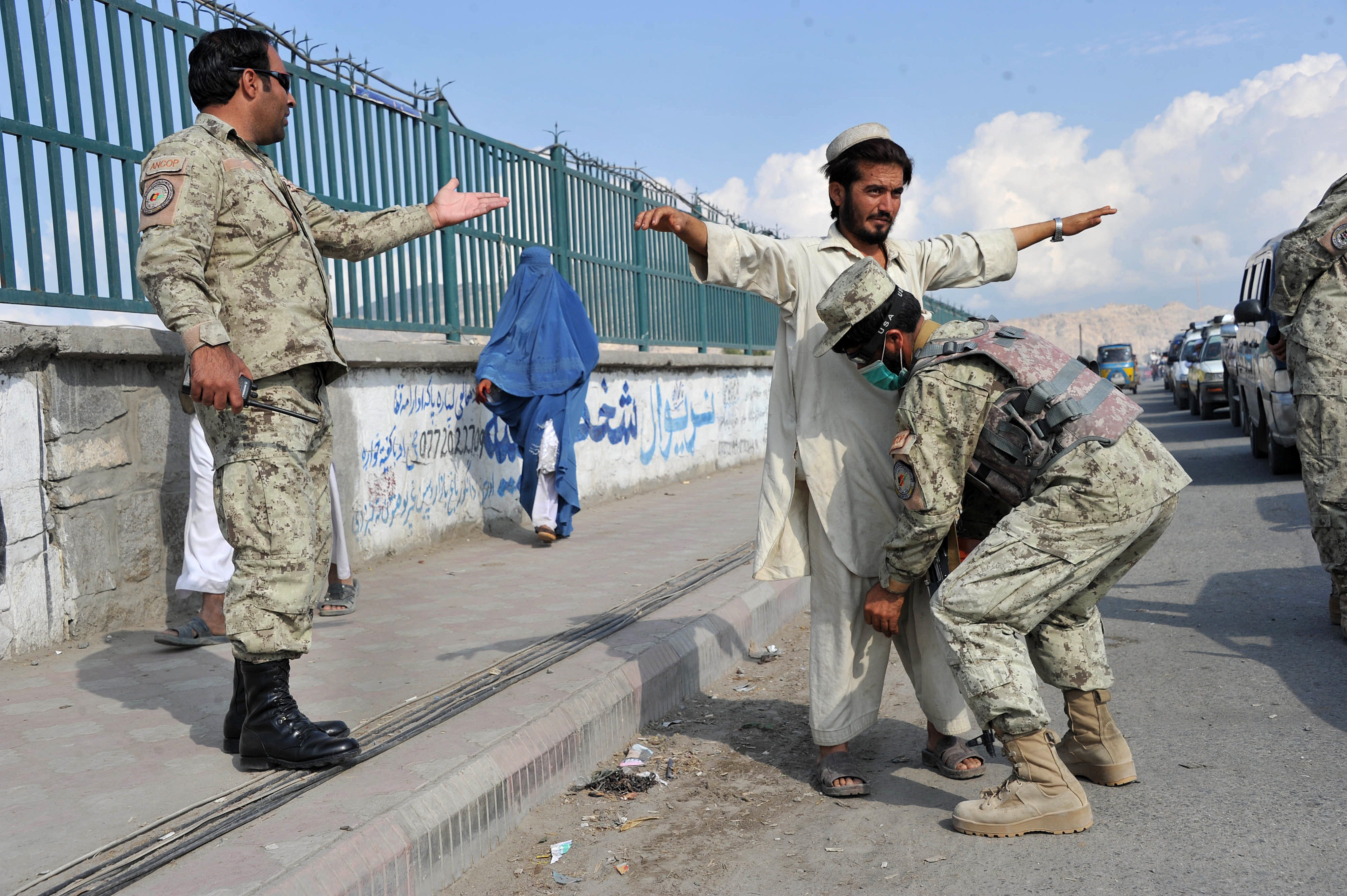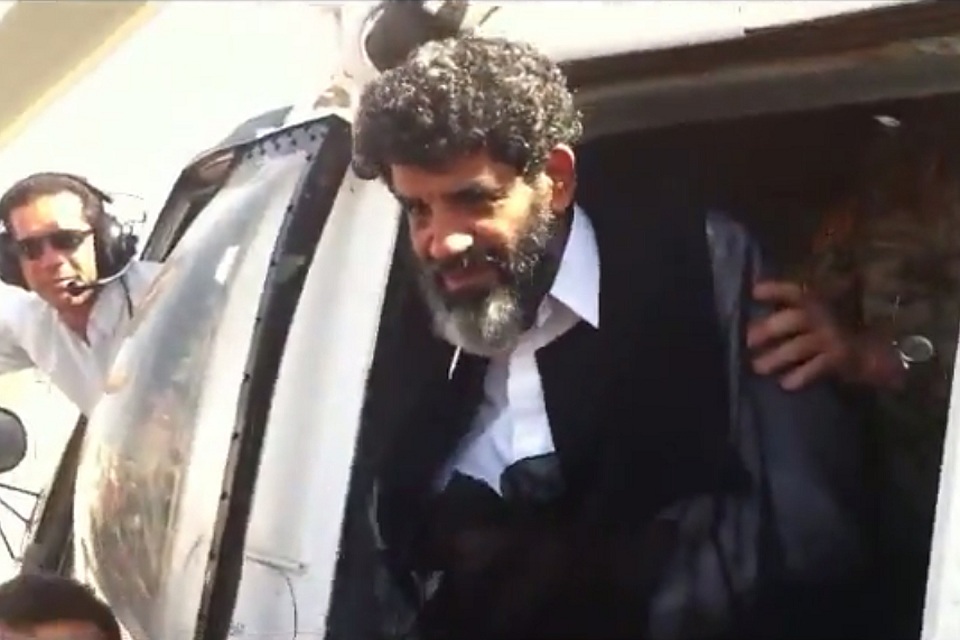NAZARETH: Education is central for shaping the characteristics of a society. It is essential for promoting social and economic progress, creating equal opportunities, ensuring socio-economic mobility and engendering meaningful participation in the public sphere. Adequate education is a basic right for all members of a society but is especially important vis-à-vis minority groups. Inequality in education carries grave consequences for the ability of youth to integrate into the workplace, to become productive and upstanding citizens and to advance professionally according to their qualifications and character.
The unique experience of Arab-Palestinian pupils – today representing nearly a quarter of all pupils in Israel – ranges from socio-economic disadvantage (more than half of Arab families are below the poverty line, more than three times the ratio amongst Jewish families), to unequal budget allocations (dramatically lower state investments in Arab compared to Jewish pupils), to the hard fact of cultural biases in the standardized curricula (Arab pupils are required to learn more about Jewish heritage and religion than their own). In fact, recent figures regarding matriculation and academic performance exams show not only a disparity in performance levels between Arab and Jewish pupils, but also a sharp decline amongst Arab students, while the Jewish sector remains consistent.
In addition to grossly unequal funding, nominal Arab representation on curricular committees, substantial lack of classrooms, facilities and updated textbooks, Arab-Palestinian pupils in Israel face educational content bias and curricula lacking sensitivity to their distinct identity, culture, history and heritage, not to mention pure language barriers. Curricula in both Jewish and Arab public schools are designed by the Israeli Ministry of Education, and Arab educators are not given adequate influence over their development. Indeed, although the focus of Hebrew education is Zionist and nationalistic, the Arab education system is stripped of any Palestinian national character. There is no overt or implied recognition of the fact that the Arab community in Israel is a national minority that is an integral part of the Palestinian people and that this fact informs Arab-Palestinian culture.
What is more, Arab teachers are not appropriately trained to accommodate the unique needs of Arab pupils. According to recent research conducted by Dirasat, the Arab Center for Law and Policy in Nazareth, more than half of Arab teachers attend Jewish teacher training colleges. Yet even in the Arab teaching colleges, most of the courses, practicum and pedagogical emphases are almost completely devoid of a distinctive ideology and identity (except for the use of Arabic as the language of instruction and several basic courses related to Arab-Palestinian heritage).
That is to say, Arab teacher colleges have not set themselves apart from Jewish colleges and therefore cannot meaningfully reflect Arab-Palestinian identity and emphasize the unique role of Arab teachers as members of a minority that is struggling to attain recognition and inclusion in a divided society. Significant reform in Arab teacher training is urgently needed.
A welcomed initiative last year by former Education Minister Yuli Tamir included appointing a joint team of Arab and Jewish education experts to produce recommendations for a “shared life program in public schools – one that would foster mutual understanding and coexistence between Arabs and Jews and shared, equal participation in society. However, current Education Minister Gideon Sa’ar has frozen the implementation of the recommendations, and instead is advocating a new mandatory “Jewish heritage and culture program for the fourth through ninth grades, which can only further alienate Arab students and deepen the discrepancies between their performance and that of their Jewish peers.
At the same time, religious Jewish public schools have long been granted their own independent pedagogical council and autonomy in designing their educational programs. Whenever Arab leaders and educators demand a similar arrangement, they are denied this despite the fact that international law on education and the rights of minority children recognizes their rights to preserve, develop and shape their collective identity – a right that amounts to the self-administration of education.
In response, joint efforts are underway among leading Arab educators and other professionals to create an Arab pedagogical council that would orchestrate and oversee Arab education in Israel. It is becoming increasingly clear that without direct influence over its own education policy, budgets, standards and curricula, the Arab minority will continue to be repressed both in terms of their ability to fully participate in society as proud, equal Arab-Palestinian citizens, and their chances of successfully breaking out of the cycle of poverty.
Equal education in divided societies should take place on three tiers: learning about one’s own ethnic group’s culture and heritage, learning about the other group(s), and learning “shared life democratic values. The Israeli education system at this stage is ethno-centric: the Jewish majority learns about itself; meanwhile, neither the Arab-Palestinian narrative nor shared citizenship values have been a part of any curriculum taught either to Jews or Arabs. If the notion of equal citizenship is to be taken seriously, we must work to incorporate all three tiers into the educational systems of Jews and Arabs alike.
Indeed, conducting Arab education “in Arabic is not enough; it is imperative to support a truly equal Arab-Palestinian education.
Dr Yousef Jabareenis the General Director of Dirasat, the Arab Center for Law and Policy, based in Nazareth. He also teaches minority rights at the University of Haifa. This article is part of a special series on nationalism in the Israeli educational system and was written for the Common Ground News Service (CGNews), www.commongroundnews.org.

